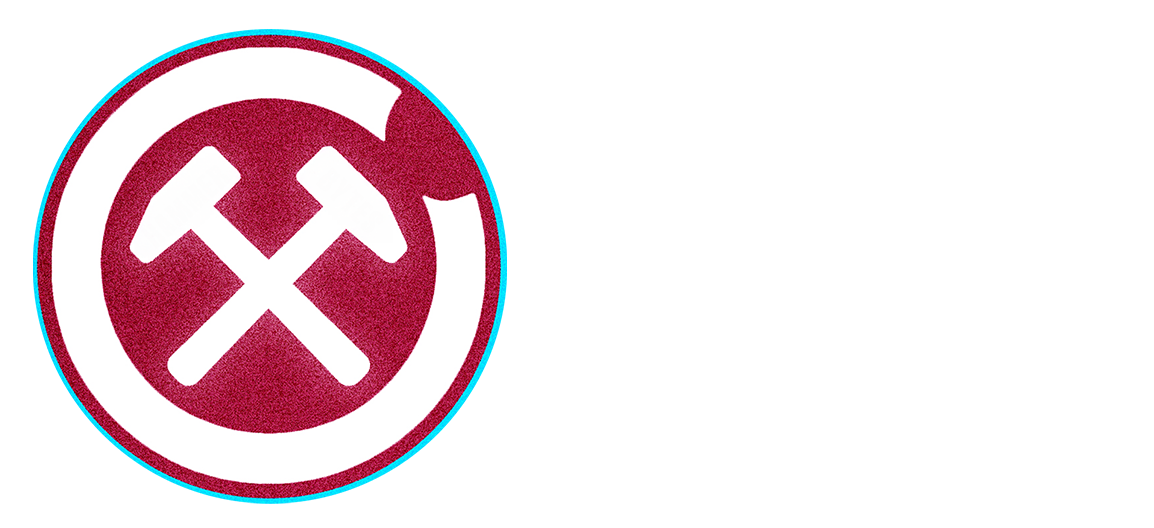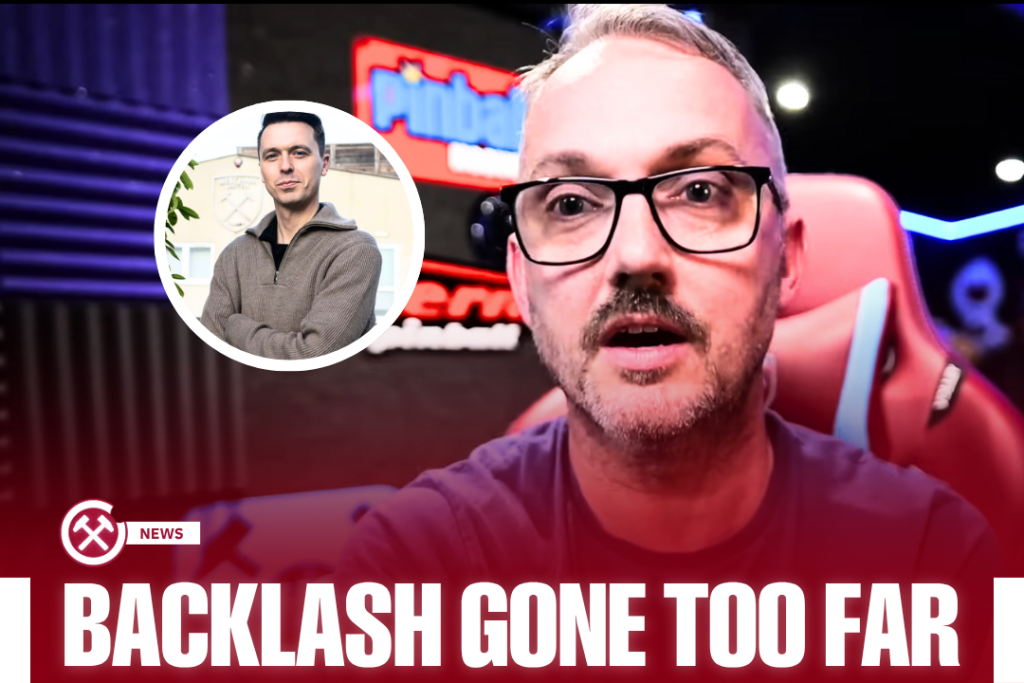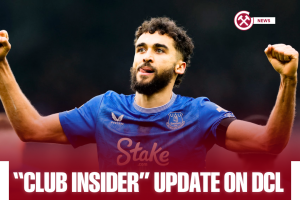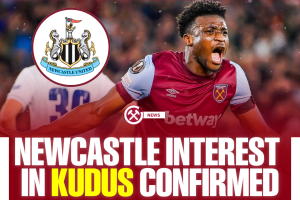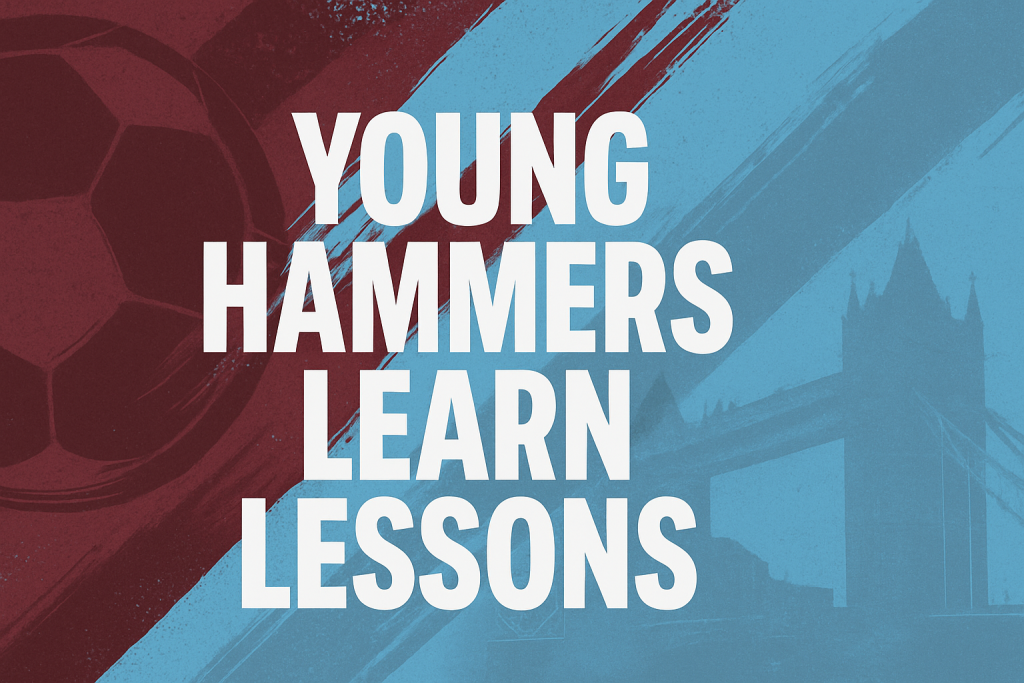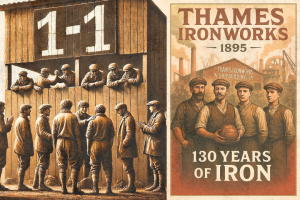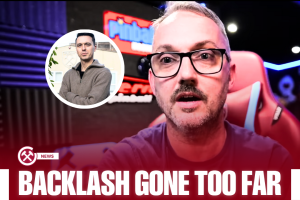West Ham fans are deeply passionate. We celebrate the highs like few others and take the lows to heart. But every now and then, that passion can turn into something a little more volatile, especially in an age of constant online reaction.
That’s exactly what’s happened over the past few days with Gonzo, a familiar face in the West Ham fan media space, and it’s fair to say the situation has escalated beyond what’s reasonable.
The Fallout From a Misunderstood Article
Gonzo, best known for running the Hammers Chat YouTube channel alongside Geo, also contributes to Claret & Hugh, a West Ham news site known for its direct links to the club’s board and often viewed with scepticism by sections of the fanbase. It was a recent article on that platform which triggered significant backlash.

What began as criticism of the piece quickly shifted into a wave of personal accusations, including claims that Gonzo was acting as a “mouthpiece” for the West Ham board.
This particular criticism isn’t new when it comes to Claret & Hugh, which has long been accused by sections of the fanbase of being too close to the board. However, for regular viewers of Hammers Chat, it was surprising to see Gonzo caught in the crossfire.
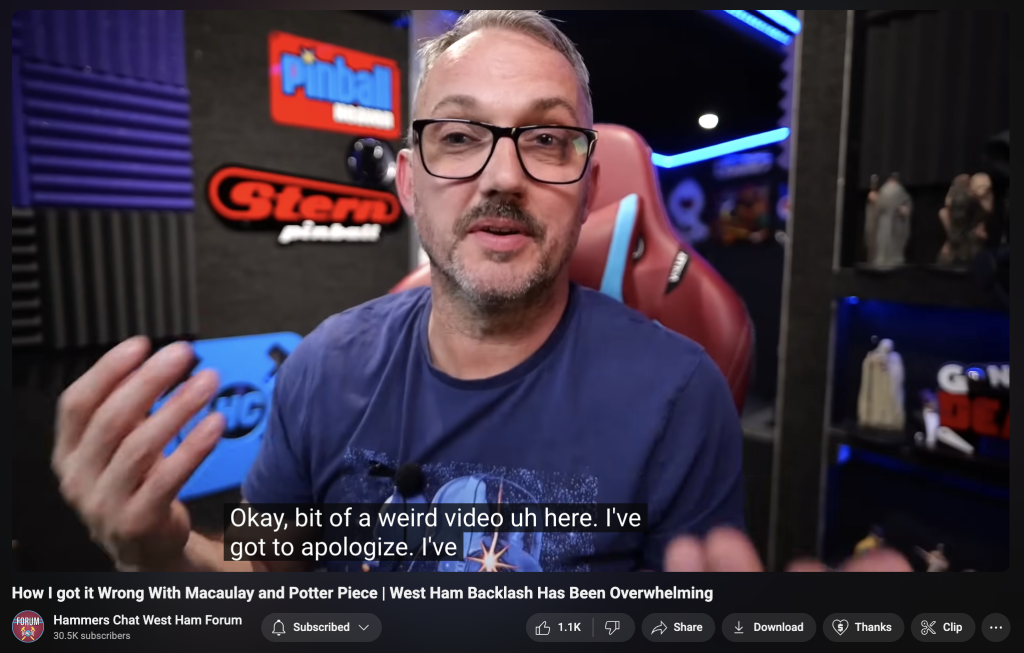
In response, he posted a video titled How I Got it Wrong with McCauley and Potter, where he took time to explain the situation and issue a genuine apology. He opened with:
“I’ve got to apologise, I’ve got to explain myself.”
Throughout the video, Gonzo made it clear he understood the frustration from fans, but also strongly denied claims that he was working to push any club narrative:
“There’s a perception that I’m doing the club’s bidding… being a mouthpiece for the club. It’s just not true.”
By his own admission, the article had flaws. One was poorly written, and the other contained a line (“pop his cherry”) which he agreed was an inappropriate choice of words.
But he emphasised it was meant light-heartedly and not aimed at Carl McCauley personally. Instead, the broader point he was trying to make was about the lack of support McCauley may be receiving in his new role.
Geo’s Measured Perspective
Before Gonzo published his response, Geo posted a video of his own. In it, he approached the situation with his usual calm and logical perspective, something that’s become a trademark of his football analysis.
Geo acknowledged why some fans were upset by the wording and tone of the articles. He didn’t dismiss those concerns but also made clear that he knows Gonzo well and believes there was no harmful intent behind the piece.
Importantly, Geo also admitted he felt somewhat stuck in the middle. He understood both the backlash and the fact that the article was not written with malice. It was a helpful and level-headed intervention at a time when emotions were running high.
A History of Criticism, Not Endorsement
Much of the backlash appeared to rest on the assumption that Gonzo was defending or excusing the club’s leadership. But if you follow his content more broadly, this doesn’t really hold up.
In the past, Gonzo has openly criticised the board, highlighting poor infrastructure, questionable decision-making, and financial decisions he believes have held the club back. In this latest video, he made it clear:
“Our owners have money. I just don’t think they want to spend it.”
He also reiterated that his concerns were aimed at the structure around transfers, not the individuals involved. He used the analogy of asking a chef to cook a meal without ingredients to explain what he sees as a flawed setup.
He further clarified:
“If West Ham do find themselves in a relegation scrap next season, I would not blame McCauley or Potter.”
That doesn’t sound like someone following a narrative. It sounds like someone analysing the club’s problems and sharing his honest view, even if some of the language used fell flat.
The Impact on a Content Creator
The most uncomfortable part of this situation is how far the reaction has gone. What began as critique quickly turned into abuse. Gonzo said he received emails urging Geo to cut ties with him, was made aware of a WhatsApp group actively campaigning against him, and had his Father’s Day impacted as a result.
He also opened up about his struggles with anxiety and depression and admitted the intensity of the backlash has taken a serious toll on his mental health. For now, he’s stepping back from Hammers Chat Forum, where he normally uploads daily, and says he’s unsure if he’ll return to the stadium any time soon.
That’s a heavy price to pay for a poorly worded article.
Room for Accountability and Perspective
This doesn’t mean criticism is off limits. Gonzo himself has admitted fault and taken accountability. But there’s a difference between pointing out an error and making serious accusations that can impact someone’s wellbeing and livelihood.
For many fans, Gonzo is one of the more consistent and relatable voices in West Ham media. He never claims to be an expert or an insider. He’s just someone who talks about football the way many of us do: with passion, with frustration, and sometimes, with a few missteps.
That authenticity is why a number of viewers came to his defence in the video comments. One person wrote, “Please don’t beat yourself up… the Internet isn’t the real world. Top fella.” Another said, “You’re 100% my favourite West Ham commentator.” A third added, “Nobody died. Definitely no need to apologise.”
It’s clear there are plenty of people who still value what Gonzo brings to the conversation. And while feedback and criticism are part of any public platform, it’s worth remembering there’s a line between holding someone accountable and making it personal.
Moving Forward
This incident has been a reminder of how quickly things can escalate in the modern football discourse, particularly online. In this case, a combination of platform perception, clumsy phrasing, and timing created a narrative that snowballed fast.
But that narrative doesn’t match the broader reality. Gonzo is not an enemy of the fanbase. Nor is he a mouthpiece for anyone. He’s a fan, a creator, and above all, a human being who made a mistake and owned it.
Geo’s response helped bring some balance to the conversation, and perhaps that’s where we should leave it. With balance. With accountability. But also with understanding.
